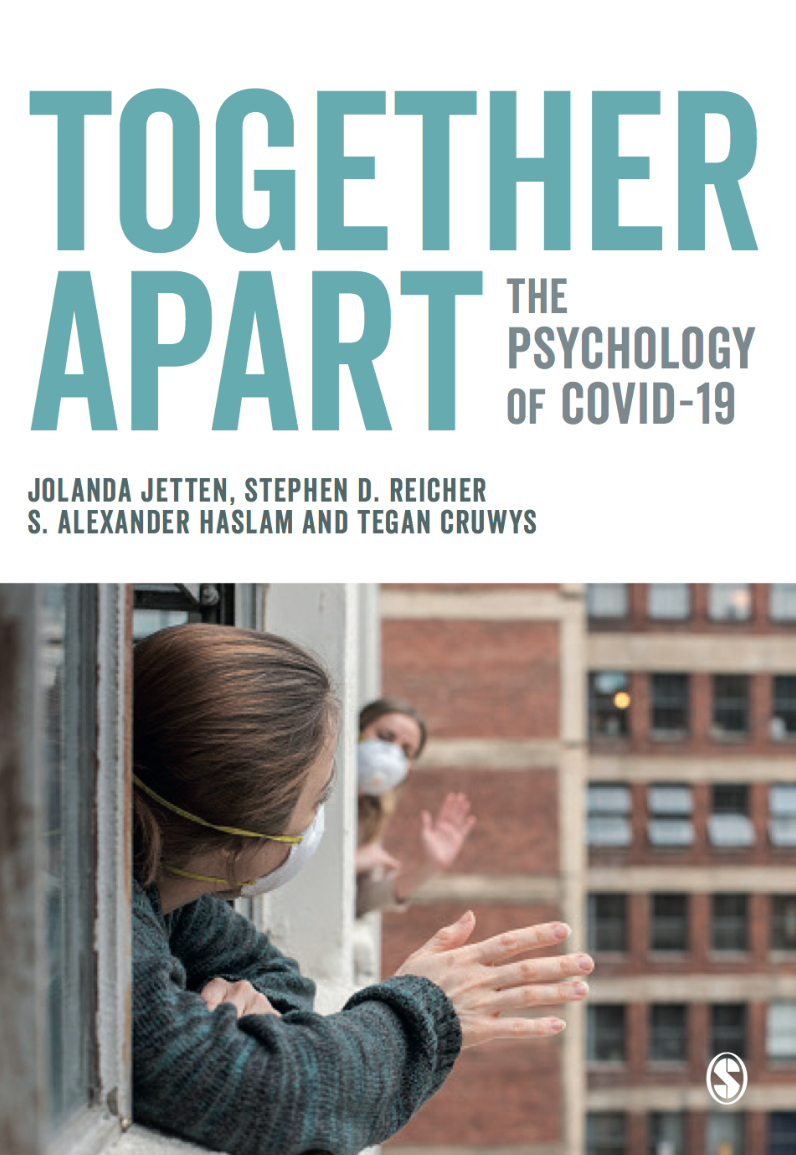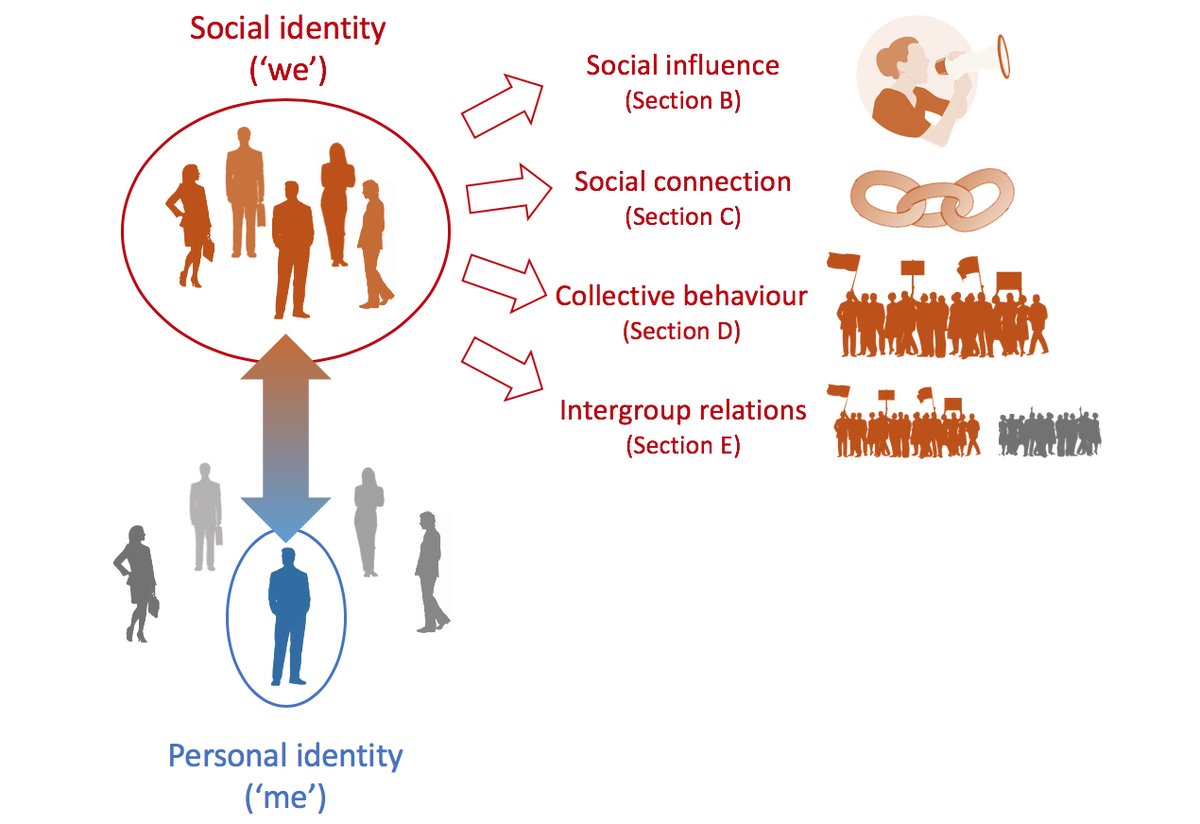
How to get URL link on X (Twitter) App




 The book spells out the implications of social identity theorising for multiple dimensions of the pandemic and, in the words of #AndrewCuomo, is designed to help readers "get their heads around the 'we' thing"
The book spells out the implications of social identity theorising for multiple dimensions of the pandemic and, in the words of #AndrewCuomo, is designed to help readers "get their heads around the 'we' thing" 

 1. READY yourself and your group for shared challenges. The key asset in your group is the group itself—and an associated sense that “we are all this together”. This provides a platform for morale and citizenship, as well as for support and resilience.
1. READY yourself and your group for shared challenges. The key asset in your group is the group itself—and an associated sense that “we are all this together”. This provides a platform for morale and citizenship, as well as for support and resilience.
